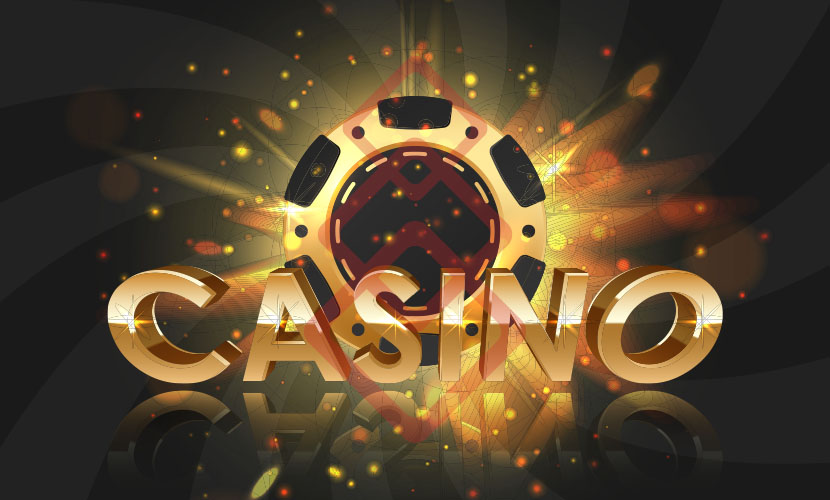Exploring the Future of Esports 4

Exploring the Future of Esports
As we venture into a new era of digital entertainment, Exploring the Future of Esports Betting in Bangladesh Betpro exchange is just one example of how esports is intertwining with broader technological advancements and market opportunities. The esports industry has grown exponentially over the past decade, transforming from a niche interest into a global phenomenon drawing millions of viewers and participants alike. In this article, we will explore the key elements that are shaping the future of esports, examining the technological innovations, increased investments, and cultural impacts expected in the coming years.
The Rapid Growth of Esports
The growth rate of esports has been unprecedented. In 2020 alone, the esports industry generated over $1 billion in revenue, and projections indicate continued growth as more players, viewers, and sponsors engage. This evolution can be attributed to the increasing accessibility of high-speed internet, the proliferation of gaming consoles, and the rise of streaming platforms like Twitch and YouTube. These platforms have made it easier for gamers to share their skills and allow spectators to enjoy esports events from the comfort of their homes.
Technological Advancements
As technology evolves, so too does the way audiences engage with esports. Virtual reality (VR) and augmented reality (AR) stand as significant frontiers for the industry. These technologies are set to revolutionize the way we experience competitive gaming. Imagine being able to immerse yourself in a live match feeling like you are part of the action rather than just watching it from a screen. Companies are already experimenting with VR setups to create an unparalleled viewing experience for spectators.

Another critical aspect is the integration of artificial intelligence (AI) into esports. AI can analyze player habits, predict outcomes, and even assist in strategy development. This sophistication not only enhances player performance but also provides viewers with deeper insights into the game, enhancing their experience. Additionally, machine learning algorithms can offer a new level of engagement by analyzing vast amounts of data to improve matchmaking and create more balanced competitive environments.
Investment and Sponsorship Opportunities
As esports gains legitimacy, investment opportunities within the sector continue to proliferate. Traditional sports organizations, tech giants, and venture capital firms are increasingly investing in esports teams, leagues, and startups. This influx of capital has led to the establishment of more professional leagues and tournaments that mirror traditional sports formats, complete with regular seasons, playoffs, and championships.
Sponsorship in the esports space has also evolved rapidly. Brands that traditionally focused on other sports and entertainment avenues are beginning to recognize the value of engaging with a younger, tech-savvy audience through esports. Partnerships with game publishers, streaming platforms, and even traditional brands have been established to create branded experiences that resonate with gamers. This alignment has opened new revenue streams for teams and players while building brand loyalty among fans.
Esports as a Cultural Movement
Esports is not just a form of entertainment; it has emerged as a cultural movement. The community surrounding esports fosters inclusivity and connection across various demographics. Events such as the League of Legends World Championship or The International for Dota 2 serve as cultural landmarks, drawing fans together and celebrating the shared passion for gaming. The rise of professional gamers turned celebrities has also solidified esports as a significant cultural phenomenon, with players amassing large followings across social media platforms.
As esports becomes more mainstream, educational institutions are taking notice. Many colleges and universities are now offering scholarships for gamers and establishing competitive teams, recognizing esports as a legitimate path for students. This shift signifies growing acceptance of video gaming as a viable career choice and an avenue for educational opportunities.

The Global Landscape of Esports
The appeal of esports is undeniable across borders. While North America and Europe have established themselves as core markets, other regions such as Asia and South America are rapidly gaining traction. Games like Dota 2 and Fortnite have spawned global fanbases, highlighting the universal appeal of competitive gaming. The diverse roster of games means there is something for everyone, ensuring that esports continues to grow across various cultural landscapes.
Challenges Ahead
While the future of esports appears bright, challenges do exist. Security and integrity in competitive play remain major concerns, with issues such as cheating and match-fixing threatening the legitimacy of the industry. Game developers, publishers, and tournament organizers must prioritize anti-cheat mechanisms and transparent practices to maintain audience trust.
Moreover, as esports grows, ensuring that the community maintains a positive, inclusive environment will be vital. Harassment and toxicity in gaming culture have been longstanding issues, and addressing these matters will be essential for fostering a healthy ecosystem that welcomes newcomers.
Conclusion
The future of esports is bright, filled with exciting opportunities and advancements that promise to reshape entertainment as we know it. As technological innovations pave the way for new experiences, the industry will likely continue to attract substantial investment and cultural significance. By addressing the challenges ahead, the esports community can build a sustainable ecosystem that benefits players, viewers, and stakeholders alike. The ongoing evolution of esports must focus on inclusivity, security, and fostering a sense of community to ensure its place in the vast landscape of global entertainment.